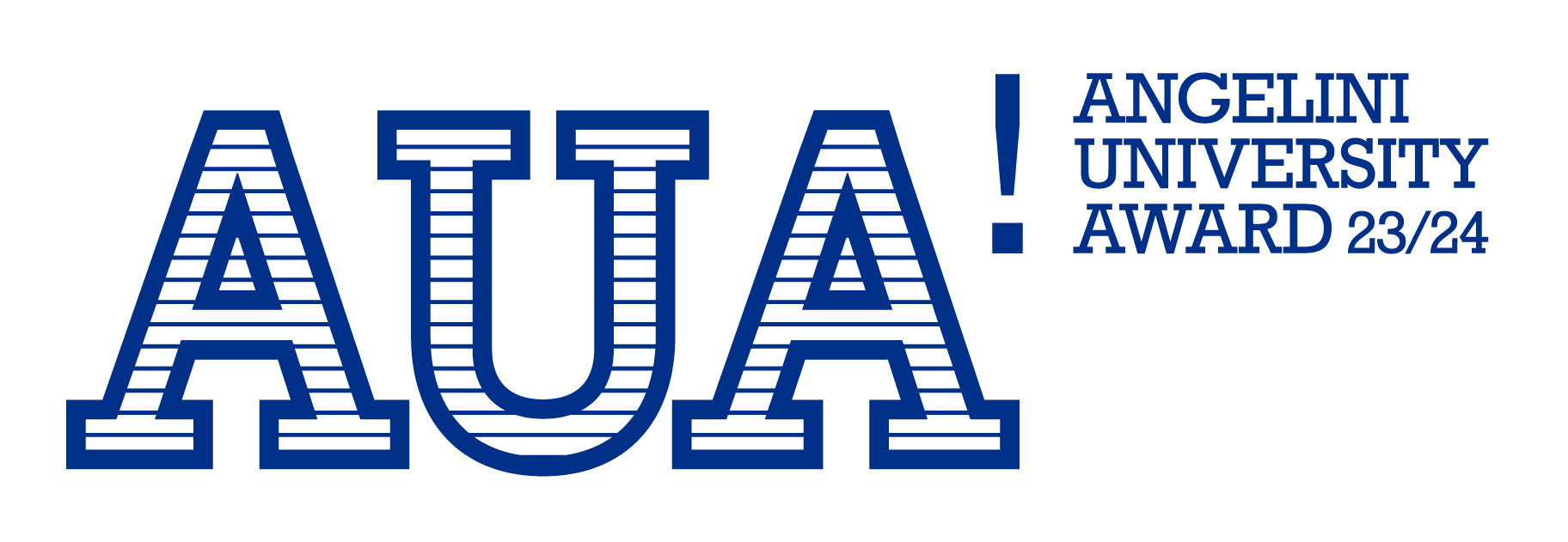Mental health
Mental health
Statistics
1ST PLACE
Project name: Role of placenta in fetal brain growth
Authors
Rona Karahoda
Hana Horáčková
Veronika Váchalová
Professor
František Štaud
Placenta is a crucial organ for fetal growth, development and programming. Latest epidemiological data have shown a link between placental dysfunction and poor pregnancy outcomes. In particular, fetal programming of mental health has received considerable attention. Homeostasis of serotonin in the placenta is considered as one of the most important mechanisms involved in fetal neurodevelopment and forms the core of the so called “placenta-brain axis”. In this study, we provide insight into how placental handling of serotonin changes during gestation. In addition, we show that use of antidepressants during pregnancy may alter physiological handling of serotonin in the placenta and, thus, perturb mental programming. This could predispose the offspring to a vast range of mental health disorders later in life including depression, anxiety, autism spectrum disorder, ADHD, or schizophrenia.
2ND PLACE
Project name: Project @kpsychologovi
Authors
Tereza Hrušková
Petra Ondrová
Visiting a psychologist is mostly associated with several myths and social prejudices. The stigmatization of society and the self-stigmatization of the subject of mental health is still valid. The project @kpsychologovi is openly talking and dispelling about these myths and prejudices in a unique way, by being open to the topic on Instagram profile, on the website, and through the online program #nekaslinasebe. The Instagram account is based on an almost daily posts about mental health with a connection of it is own special hashtag #nekaslinasebe. On it is own website, the project is offering a unique service of helping people to find a psychologist. When a person is thinking about visiting a psychologist, he or she does not often know where to start looking, which of the psychologist would be the best fit and in most cases is also convinced that maybe the problem is not big enough compared to the others. The goal of the project is to openly talk about mental health, about visiting a psychologist, and not viewing it as a taboo or stigmatization but rather as a positive selfcare. You do not have to be “crazy” to go and see a psychologist. The main aim is to freely talk about our needs, share them with our loved ones, and not be afraid to ask and seek help.
3RD PLACE
Project name: Education for psychiatric patients
Authors
Jana Michalcová
Pavel Michalec
Professor
Ivana Tašková
Nonadherence is common problem in psychiatric patients. Even so these patients are treated well during hospitalization, they usually stop medication use in home environment. Consequences of nonadherence are repeated stays in hospitals and increasing costs in a health care system. The aim of the study is to improved patient adherence by education method. Many factors are associated with a nonadherence of psychiatric patients. This project is mainly focused on drug-related problems (DRPs) associated with a nonadhrence. First part of this project is an individual consultation with a clinical pharmacist. Patients will have an opportunity to ask questions about their medication. The individual consultation provides a better screening for nonadherence. The second part is an education of psychiatric patients. The brochure was made for this purpose and presents information about psychiatric drugs and their use. This method will be put into practice in the biggest psychiatric hospital in Czech Republic. This brochure was written in cooperation with a clinical pharmacist, physicians and psychologist, who work in mental health facilities and have an experience with psychiatric patients. This method has a potential for improving patients’ adherence. The well-educated patients will accept a responsibility for their treatment and they might achieve a better control of their mental illness and better outcomes in a long-term treatment.
FINALIST
Project name: Mobile app Nestresuju
Authors
Andrea Kretíková
Jan Ševela
Ondřej John
Professor
Lukáš Komárek
Nestresuju is an application for the Android operating system created for everyone who suffers from stress and who wants to improve their stress management skills. This application is based on the psychological theory of Richard S. Lazarus and Susan Folkman on stress management known as the cognitive – transactional model. Within this theory, the process of dealing with stress is divided into cognitive appraisal followed by coping, which the authors divide into problem-focused, emotion focused, and meaning-focused strategies. Nestresuju contains elements of each strategy for the comprehensive development of users competencies. There are 4 sections: Bulletin board for an overview of activity in the application, Diary for monitoring experienced stress, Library containing articles on stress psychology and stress management theory, and Program with tasks for developing stress management skills.
FINALIST
Project name: NBQX therapeutic potential in animal models for drug addiction
Authors
Mária Vlková
Filip Šiška
Professor
Jana Rudá
Pharmacotherapy of addiction is failing. Therefore, our aim was to observe changes in rat addictive behaviour after administration of NBQX, AMPA/kainate receptor antagonist. The model substances were methamphetamine, nicotine, and alcohol. Methamphetamine and nicotine dependence were modelled by operant intravenous self-administration followed by two weeks of abstinence and one last session. Alcohol dependence was modelled by intermittent 20% alcohol access in home-cage. Depressive-like phenotype was induced in the alcohol experiment by olfactory bulbectomy. NBQX did not affect methamphetamine intake or seeking. NBQX also showed no impact on acute nicotine intake, but after the abstinence phase, NBQX reduced nicotine seeking. NBQX temporarily reduced alcohol intake, more markedly in the group with depressive-like phenotype.
SEMIFINALISTS
Authors
Project
Project advisor
Jakub Albrecht
Jozef Buday
Gabriela Podgorná
Tadeáš Mareš
Personalized electroconvulsive therapy is a safe and psychiatry
Martin Anders
Lenka Pulkrábková
Petr Bzonek
SH-SY5Y line differentiation into adult neuron model
Ondřej Soukup
Katrin Wolfová
Adam Chlapečka
Exposure to risk factors in childhood and mental health in senescence
Pavla Čermáková
